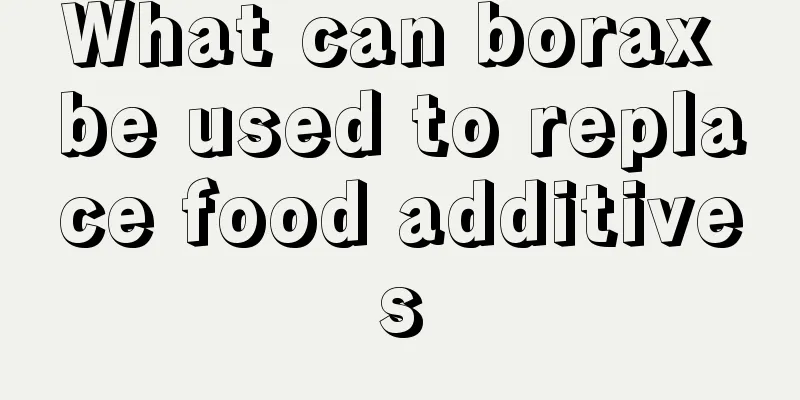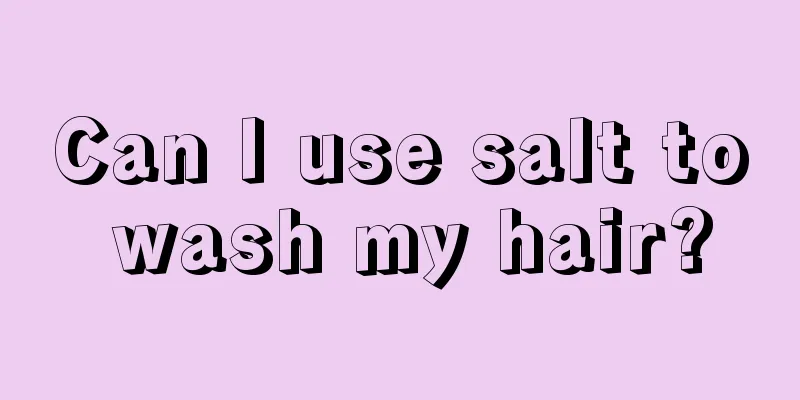What can borax be used to replace food additives

|
Borax is not particularly common in our daily life. It is toxic and cannot be eaten. However, borax has a wide range of applications. Processed borax can be used as a cleaner, cosmetics, etc. It can also be used as an additive in drug treatment, especially after refining, it can clear away heat and detoxify, treat mouth ulcers, etc. However, it cannot be used as a food additive. Once borax poisoning occurs, diarrhea, vomiting, skin allergies, and even shock will occur, so special attention should be paid to it on a daily basis. Borax is not very familiar to most of us. In fact, many things we use in daily life are produced with it. Borax, also called crude borax, is a soft and light colorless crystalline substance that can be used as a raw material for preservatives. Borax has many other uses, such as the familiar ones such as disinfectants, preservatives, water softeners, eyewashes, soap additives, ceramic glazes and glass raw materials, etc. Borax also plays an important role in industrial production. Here we mainly talk about what borax can be used to replace food additives. After "borax" enters the human body through oral ingestion, it is not easily excreted. Even if food contains "trace" amounts of borax, long-term consumption will continue to accumulate in the body, seriously affecting the functioning of human digestive tract enzymes, resulting in harmful substances not being excreted in time, and then causing great harm to human health, causing loss of appetite, indigestion, and inhibition of nutrient absorption. Usually, the symptoms of "borax" poisoning are vomiting, diarrhea, skin allergies, fainting, and even shock. The national food and flour standards allow the addition of flour improvers [benzoyl peroxide to whiten flour according to prescribed dosages. The whitening effects of benzoyl peroxide and borax on flour are compared. Under the same addition conditions, the effects of benzoyl peroxide and borax are hundreds of times higher. For this reason, no one at home or abroad adds borax and its substitutes. It must be pointed out that [borax and its substitutes are not allowed to be used as food or flour additives. The substitute for borax is, and boric acid is an external medicine and cannot be used as a food additive. Borax can increase the toughness and crispness of food and improve the water retention of food, etc. However, the state has expressly prohibited the use of borax as a food additive. Without a food hygiene license, there is no right to make food improvements. If you are working in the food or other related industries, please be careful and never do anything illegal. |
<<: The difference between physical properties of boric acid and borax
>>: How to detoxify borax poisoning and what are the treatments
Recommend
The harm of ovarian cancer to the body
Ovarian cancer is very harmful to women. Nowadays...
How to distinguish early and late stages of bladder cancer
Bladder cancer is a common malignant tumor and a ...
There are some tips for sleeping posture to protect the lumbar spine
In life, many people often say that they sleep fo...
Weak body, sweating and wanting to vomit
In daily life, many people feel weak all over, sw...
How long can you live if lung cancer spreads throughout your body?
Lung cancer How long can you live if lung cancer ...
My eyelids feel droopy and I can't open them. What's going on?
Why do my eyelids feel droopy and I can't ope...
Red blood on the thigh
Legs are important organs of the human body. We n...
Why do my cervical lymph nodes suddenly swell?
Sudden swelling of cervical lymph nodes is genera...
How many days does bladder cancer require hospitalization?
How many days does bladder cancer require hospita...
The harm of fluoride to teeth
When you go to the supermarket to buy toothpaste,...
How to deal with sudden pulmonary hypertension
If pulmonary hypertension is found in the figure,...
Is scraping good for colds
Colds are divided into two types, wind-heat and w...
How to flush the tear duct to clear it
In fact, people are not very familiar with flushi...
Is it better to have a partial or complete thyroidectomy for thyroid cancer
The choice of hemisection or total resection for ...
What should women do if they have ovarian tumors? What are the treatments for ovarian tumors?
I believe that many women have experienced gyneco...









